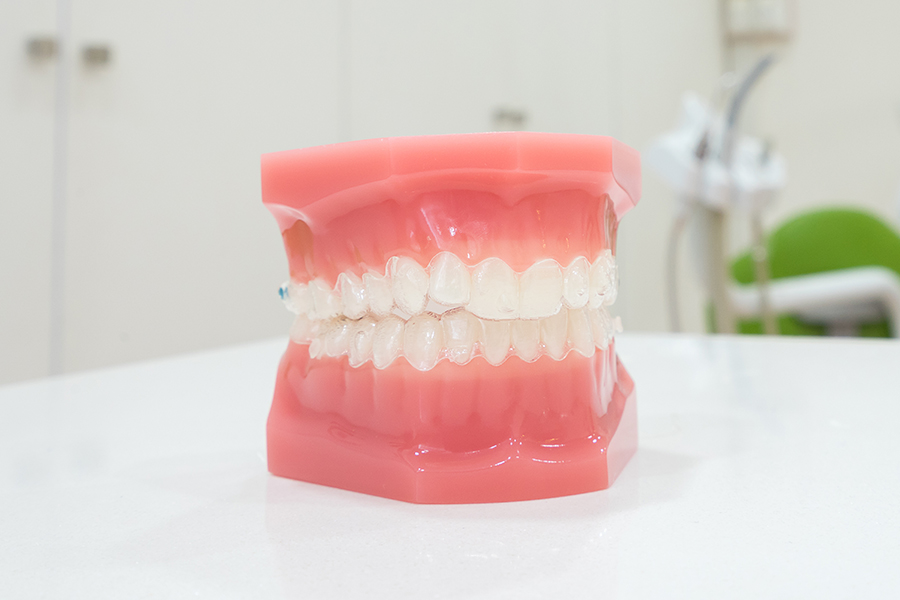Multiple Sclerosis in Men vs. Women

Multiple sclerosis (MS) is a degenerative disease that affects the brain and nervous system. T-cells in the immune system begin to attack the myelin sheath that protects the nerves running through the body, eventually disrupting the signals sent to and from the brain. Symptoms can vary widely, most particularly between the genders. Here’s a look at how any why MS affects men and women differently.
The Ratio Difference
Of the more than 2.3 million people affected by MS worldwide almost ¾ are women. A new study following mice with MS suggests this is because of how sex hormones interact with factors that cause MS. In an interview with Women’s Health Matters of the Women’s Health College, Dr. Shannon Dunn of the Women’s College Research Institute and Toronto General Research Institute states that “In the males it seems to be that their higher levels of testosterone or androgens are somehow dampening the autoimmune response so it doesn’t result in as strong a disease.”
Peroxisome proliferator-activated receptors, or PPARs, are given off by immune cells, and have anti-inflammatory functions as well as acting as a form of protection against autoimmune diseases. Male T-cells appear to emit more PPARs, which ultimately seems to provide stronger protection against MS —but the research is still coming in.
A Different Experience
MS not only affects more women than men, men and women seem to experience the disease quite differently. Some studies show that men tend to develop symptoms more quickly and intensely than women do. Other research suggests that the initial onset of the disease is similar between the genders, only becoming more severe for men after about 20 years. One study also found that women seem to feel like treatment is helping them more than men do, in addition to being more informed about their own role in their treatment.
Another important difference is that women tend to develop MS earlier than men. In fact, most numbers show that men more commonly develop MS in midlife, when testosterone begins to decrease (another point in favor of the hormone differences). Women discovering their first symptoms as early as their twenties happens much more often than it does in men.
Different symptoms can even impact the experience of the disease differently. For example, while sexual dysfunction can be a serious problem for either gender, there is no reason men can’t reproduce after they have MS. While this is technically true of women also, pregnancy seems to create a sort of decrease in symptomatic progression until after the birth, at which point the body almost tries to play catch up. Conversely, men tend to require help with mobility issues sooner than women do. This can make the emotional stressors that tend to come in tandem with MS—as with any chronic or debilitating disease— more intense for men, as it forces men to act against the cultural norm of being provider and protector.
It would be inaccurate and insensitive to say that MS is “easier” for either gender to experience, but most certainly it is a different experience for the genders, regardless of which is more prone to develop it. No matter whether a man or a woman, early treatment is the best defense against complete debilitation.







